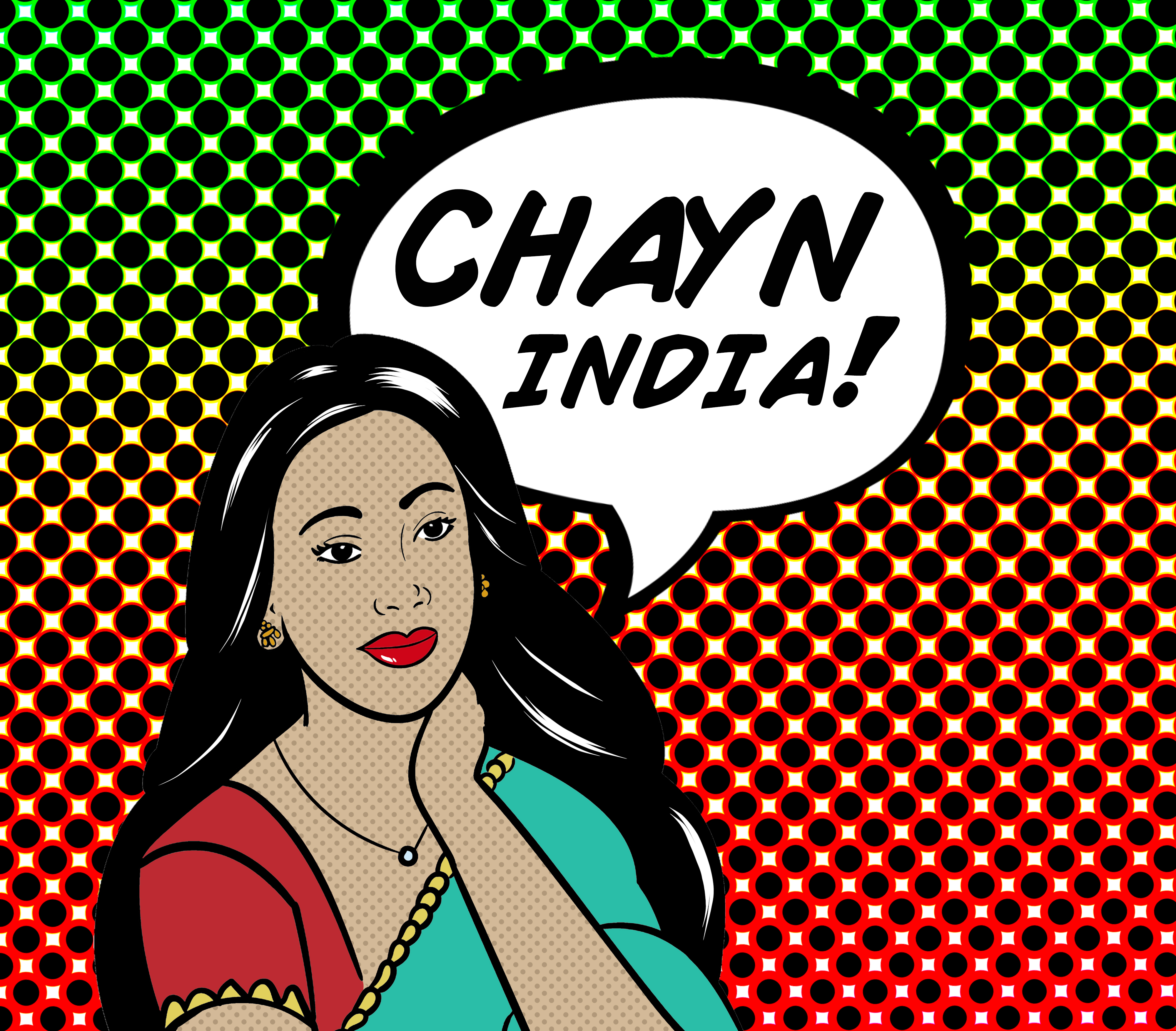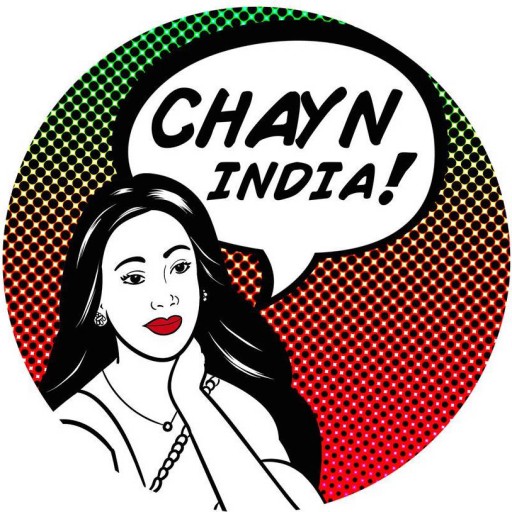In a general sense, violence means use of force to injure or abuse someone. However, in Hinduism violence (himsa) not only means injuring or hurting others through force, but also causing disturbances within oneself or others through intentional physical and mental actions. Use of thoughts, desires and words to hurt or harm others also comes under the purview of the definition. Wilful action to hurt others or cause them pain and suffering is also considered violence.
In the mortal world, violence is the foundation of survival and self-preservation. None can live upon earth without indulging in some form of violence. The root cause of violence is desires and attachment. One may avoid physical violence, but one cannot avoid hurting or harming others or their peace through mental and emotional actions. Hinduism recognizes this fundamental problem of human existence and recommends the practice of yoga as the best solution to suppress the modifications of our own minds so that we may cease to disturb ourselves and others.
Thus, in Hinduism and Yoga, non-violence is considered the highest virtue or the virtue of virtues, attained only at the end of a prolonged spiritual practice, when one reaches perfection in self-control and makes peace with oneself and with the rest of the world.
The Bhagavadgita aims to achieve the same goal through various paths. It declares that those who do not disturb others and are not disturbed by them in turn are very dearer to God. In Hinduism, causing intentional harm to others in any form is considered sinful, with negative consequences for one’s rebirth. One should avoid intentional harm by all means. In this regard, there is no better example than God Himself. He is the epitome of peace. Having created the worlds, He remains a mere witness, letting the beings to exercise their will and live their own lives.
Violence is justified in Hinduism in the following circumstances:
- When one offers one’s own life as a sacrifice to God.
- When one participates in a war either in self-defense or for a righteous cause.
- To feed oneself by hunting etc., in times of famines, scarcity of food, and starvation.
- When the mind and body are subjected to austerities and self-discipline to achieve liberation.
In all the above cases violence is justified only when one resorts to it as an offering to God without selfish intentions and without seeking the fruit of such actions.
We see that violence against women or the wife or any kind of domestic violence is NOT permissible in Hinduism.
Domestic violence and violence against women
Domestic violence is an acute problem in modern Hindu society. Most of the domestic violence in Hindu families happen in the form of wife beating, bride burnings, acid throwing, eve-teasing, mental and physical harassment, dowry deaths, enforced slavery, verbal abuse malnourishment, neglect, women trafficking, forced marriages, rapes, property related homicides and solitary confinement. Millions of women go through numerous hardships in India as victims of various forms of violence.
A number of such incidents also go unnoticed, due to fear, social and domestic pressure and the apathy and inefficiency of the law enforcement machinery who often aggravate the situation by colluding with the aggressors and harassing the victims further.
Death of women due to systematic discrimination against them is an acute problem in India, which has one of the highest incidences of gender related abortions and girl child mortality so much so that the sex ratio in the country has fallen considerably in the last few decades by 20% to 30% in some states.
Domestic violence in Hindu families is not confined to India alone, though the phenomenon is prevalent in all communities. It seems to be a cultural problem because it also exists in some Hindu families outside India in countries such as the UK, USA, South Africa, Canada and Australia.
Status of Women In Hinduism
According to Hinduism, the female was created by Brahman as part of the duality in creation, to provide company to men and facilitate procreation, progeny and continuation of family lineage.
The Vedas suggest that a woman’s primary duty is to help her husband in performing obligatory duties and enable him to continue his family tradition. Her primary duty is to give birth to his children and take care of them.
Like all the major religions of the world, Hinduism is a predominantly male dominated religion. Women play a secondary role. True in certain ages, such as the Gupta period, women enjoyed freedom and held administrative posts. They also acted as teachers and participated in debates and public discussions. However, such privileges were limited to socially well-placed families. It is also true that the norms of conduct were stricter in case of higher caste women and male domination increased in proportion to their caste status. Generally speaking, the Vedas placed comparatively greater duties and responsibilities upon men and exhorted women to help their men in performing such duties. Any respect that women enjoyed in society were as daughters, mothers and wives. It meant that once their husbands passed away, women lost their status in the family and suffered from many disabilities.
The law books prohibit men from harassing or neglecting women in their households. It is a man’s obligatory duty to protect his wife and take care of her until the end. He is not expected to abandon her, since she is a gift from the gods under a pledge, except where there is sufficient justification such as mental illness, inability to bear children and adultery.
Similarly, he has an obligation to take care of his aged mother or his dependent daughter.
Women are considered aspects of Nature or embodiment of the Universal Mother, Shakti, in her aspect as pure energy (shaktiswarupini). She is extolled as mata, the Mother Goddess, or devi the auspicious one.
Bias in Hindu law books
The law books are unabashedly male-centric. They do suggest that women should not be harassed and the homes in which women suffered would be without peace and happiness.
Problems faced by present day Hindu women
Hindu women have a long way to go to enjoy an equal status with men. They have to cope with many social and economic pressures and resolve many problems that afflict their lives today such as the following.
- Dowry problem, which is acute in certain castes and communities
- Parental interference in marriage and career matters
- Domestic violence and abuse
- Violence against women which often goes unreported
- Bride burning and dowry deaths
- Gender based abortions
- Gender inequality in the treatment of children
All information has been sourced, paraphrased and edited from the following articles written by Jayaram V. Spelling corrections have been made.
Please do read the full, detailed articles on Women in Hindu religion and culture, as well as the importance of non-violence in Hinduism:

